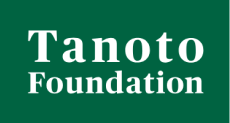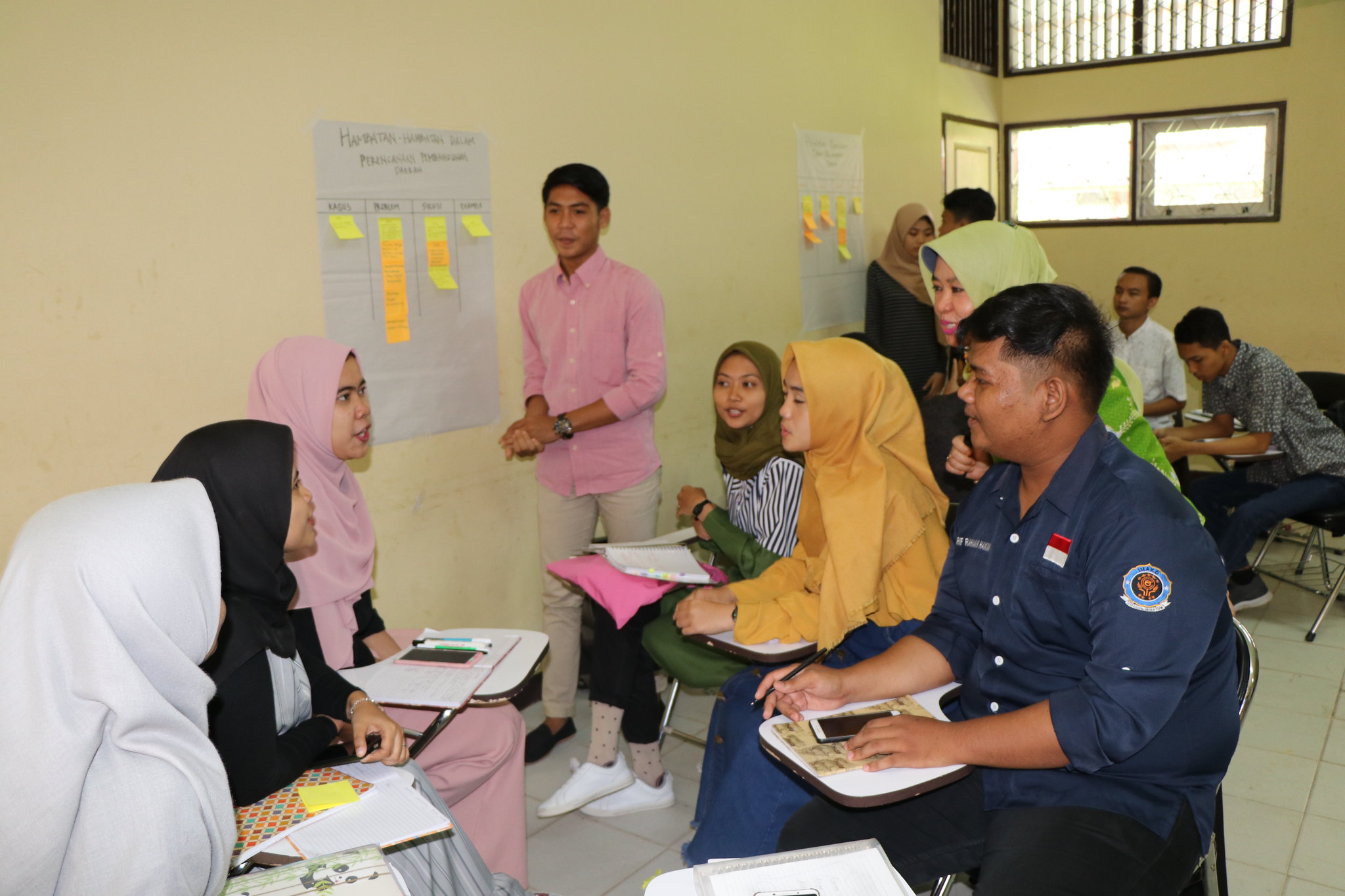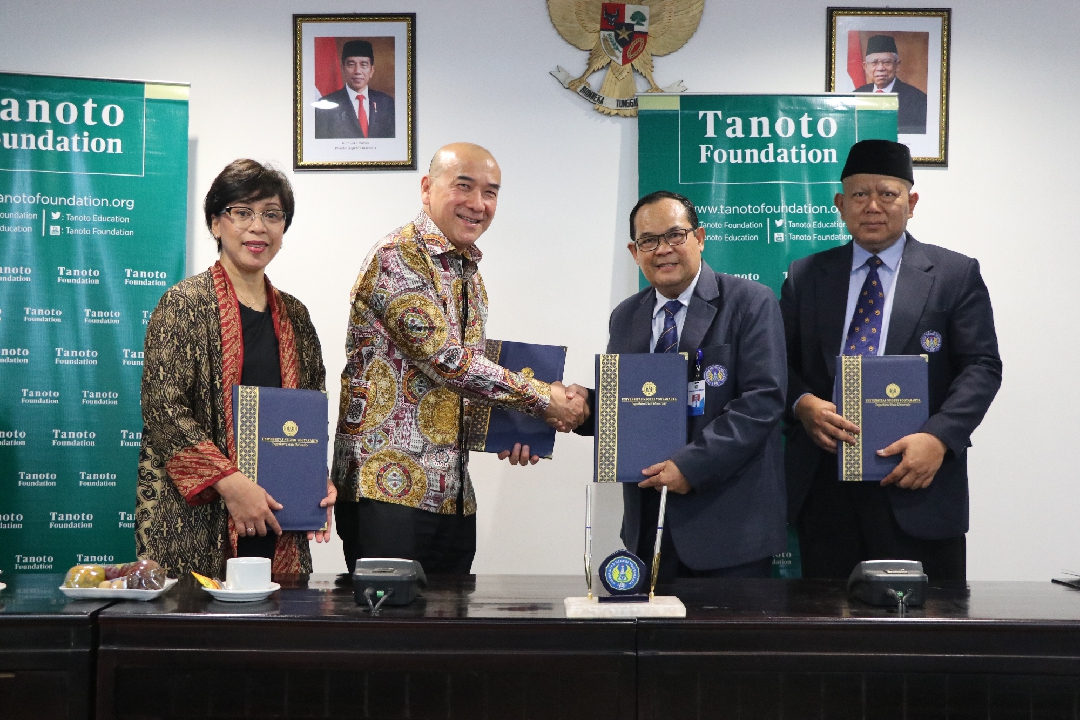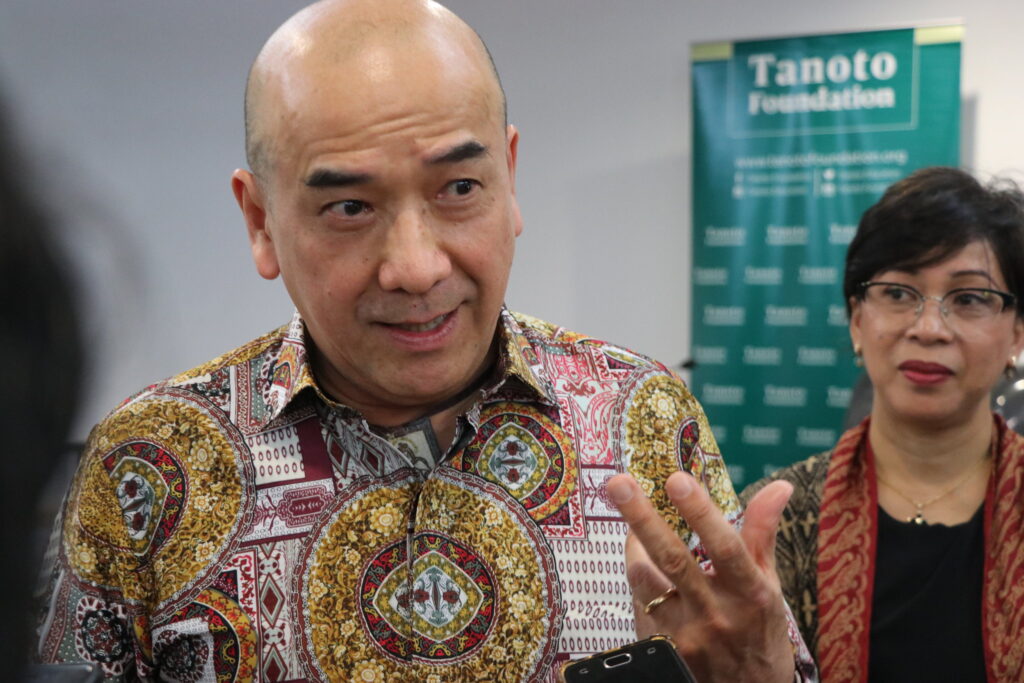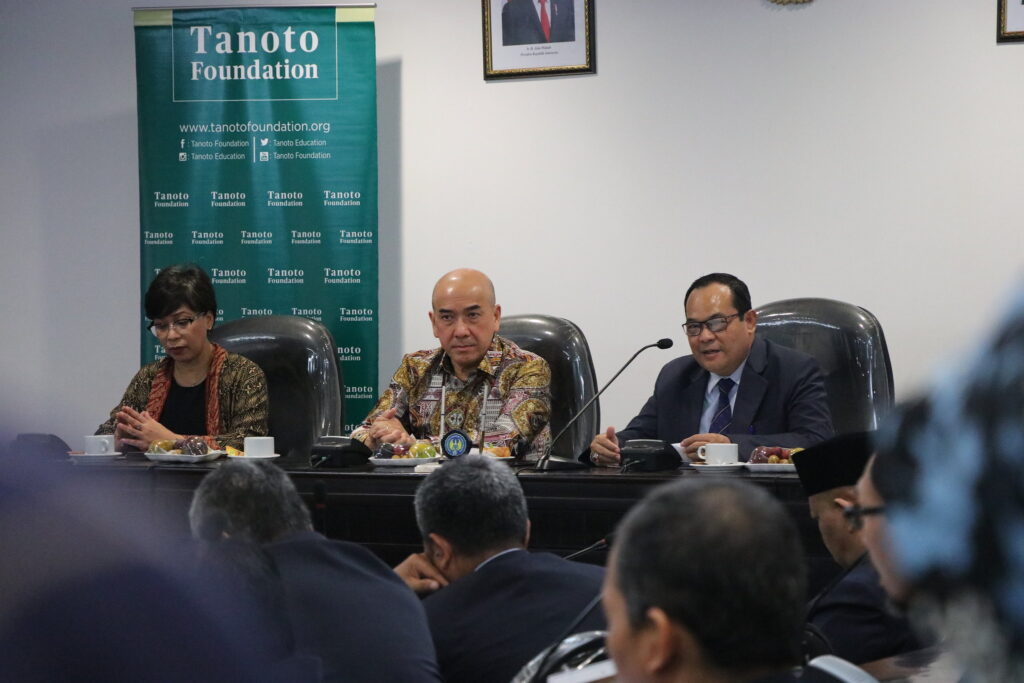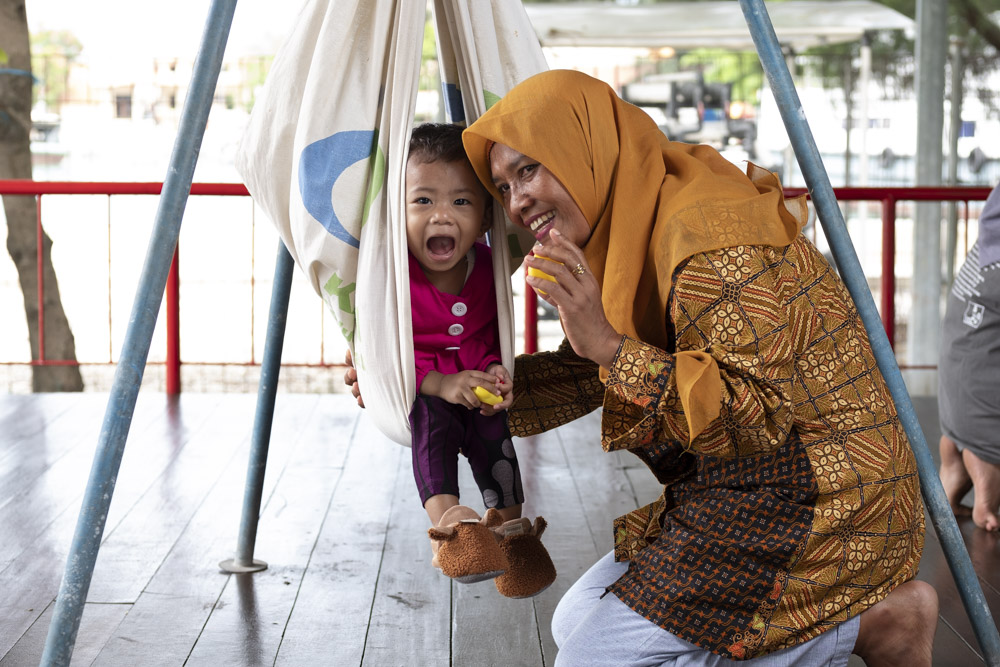by: Professor Sri Minda Murni
Professor at Medan State University & Tanoto Foundation TTI Development Coordinator. Tanoto Foundation is an independent family philanthropy organisation founded by Sukanto Tanoto and Tinah Bingei Tanoto in 1981.
In January, the Minister of Education and Culture Nadiem Makarim launched the ‘Independent Campus’ (Kampus Merdeka) higher education policy in Indonesia. There are four components to the policy:
- Establishment of new courses / majors
- Automatic re-accreditation
- Freedom of legal status change for some state universities, and
- Ability for students to take up courses beyond their majors as semester credit
I find the fourth component to be particularly intriguing. It gives the right to students (except those studying medicine) to voluntarily take up courses outside of university for up to two semesters, which is equivalent to 40 semester credits. Students are also allowed to take up courses which are part of their major, but still within the university, for one semester. All in all, it is only compulsory now for five out of eight semesters of study to be within the students’ own study major.
Learning freedom for students
Under this new policy, the definition of ‘semester credit’ which was previously synonymous only with in-class learning has now broaded into other activities such as internships, student exchanges, entrepreneurial projects, research projects, independent studies, teaching in remote areas and military training. This breakthrough allows students to have choices about how they can fulfill their semester credit requirements with programs provided by the government or alternative programs with the University Rector / Director’s approval, all with the guidance of their university mentors.
This ‘Freedom of Learning’ option for higher education students, if implemented properly with keen enthusiasm, is an innovative way to answer the challenge faced by modern higher education institutions in preparing quality human resources who are in line with 21st century demands.
Professional world’s challenge
The working world is complex and in reality, there is no guarantee that a ‘link-and-match’ can be facilitated between accumulated knowledge and experience in university and proficiency at a job. Subsequently, assumptions arise that undergraduates are readily-built-resources rather than ready-to-work ones, as there is a more pragmatic approach in the professional world when compared to the more theoretical approach in university.
On the other hand, professional world also frequently face inefficient problem solving processes which tend to be “reinventing the wheel” or doing something from scratch due to lack of references. Whereas, if the professional world are able to utilize theoritical knowledge gained while their people were in universities, problem solving can be more efficient, effective and always based on proven theories.
Real world learning
Ideal graduates are those who have the know-how to utilise their theoretical knowledge by applying it towards practical solving of real-world problems. This capabiltiy only develops if students are given the chance to gain semester credits outside of university – including from their actual industries – through various activities and projects which support experiential learning as these help the students to become familiar with linking textbook theories to strategic problem-solving in the real world.
People from the professional world frequently complain about how many university graduates don’t have the capability to think logically, or willingness to showcase their intellectual maturity. One reason is they have limited scholarly mobility, whereby their logical thinking capabilities do not develop due to lack of knowledge outside of their fields of study. If they are able to gain broader knowledge beyond their study area, the premise should be that mastering and developing knowledge that is within their own fields of study should be easy.
Removing the horse blinders
Students lacking exposure to other areas of study tend to view problems with tunnel vision – like a horse wearing blinders. In fact, there is a misconception that many areas of study do not have significant contribution to our lives. Literature studies, for example, have always been played down because it is often mistakenly assumed that literature students only learn about language. Yet, literature is useful in better understanding a nation’s history, sociology and political spectrum. A student would not be able to understand the history of slavery and civil water in the United States, if they do not read about the bitter experiences that some Americans lived through which are depicted in literature works from that period.
I think intellectual adventures that occur from venturing into different areas of study (beyond their own) will liberate and improve students’ critical thinking and problem-solving abilities, as the experience provides them with the opportunity to contemplate issues with different viewpoints.
Realizing the policy
Of course, careful planning and an intensive control system is needed in realizing this policy, especially when resources are limited. University lecturers, including guest lecturers, should have had adequate experiences and have enjoyed the benefits of off-campus learning and cross-major studies themselves.
With this policy in place, it is hoped that our students will no longer be mere names and signatures inked on administrative documents, but rather scholars with highly-developed critical thinking and practical skills who are ready to face challenges in the working world.
This article is a translation of “100 Hari Nadiem Makarim: Kampus Merdeka, Upaya Melepas “Kacamata Kuda” Mahasiswa” article first published in Kompas.com

